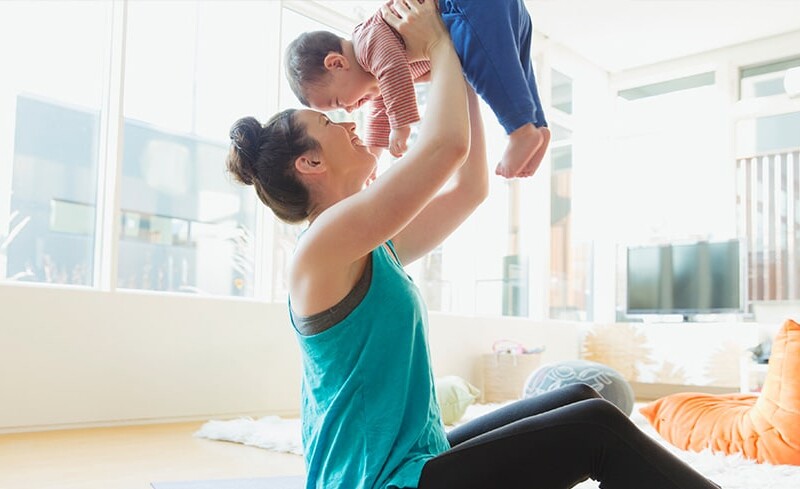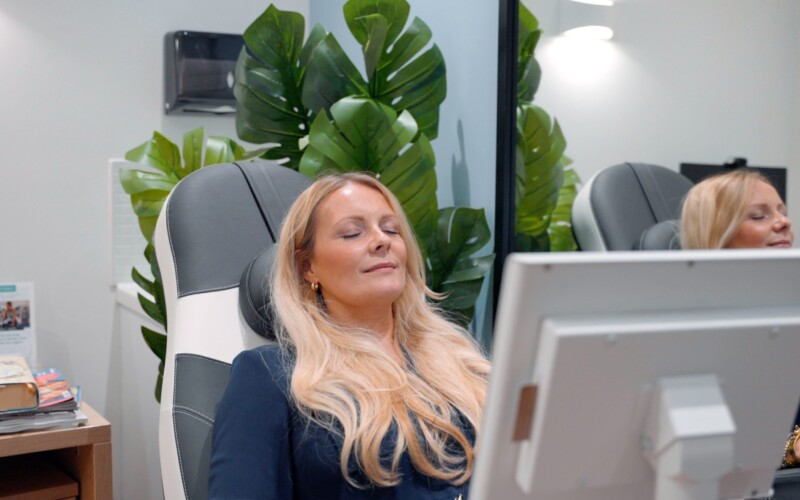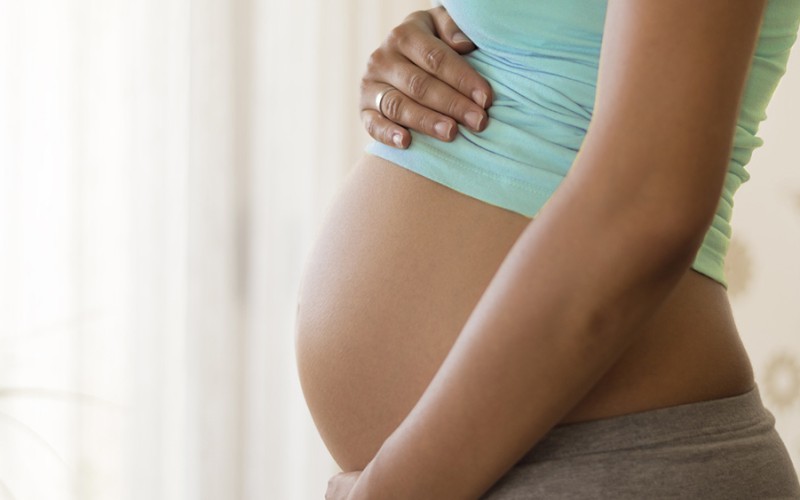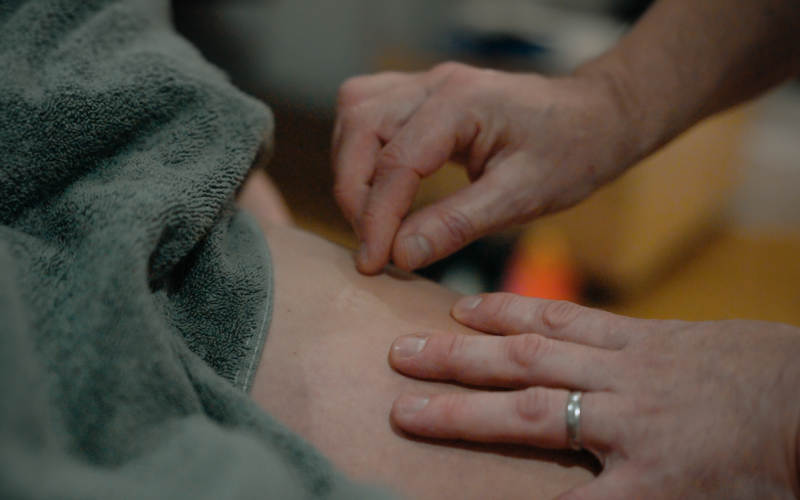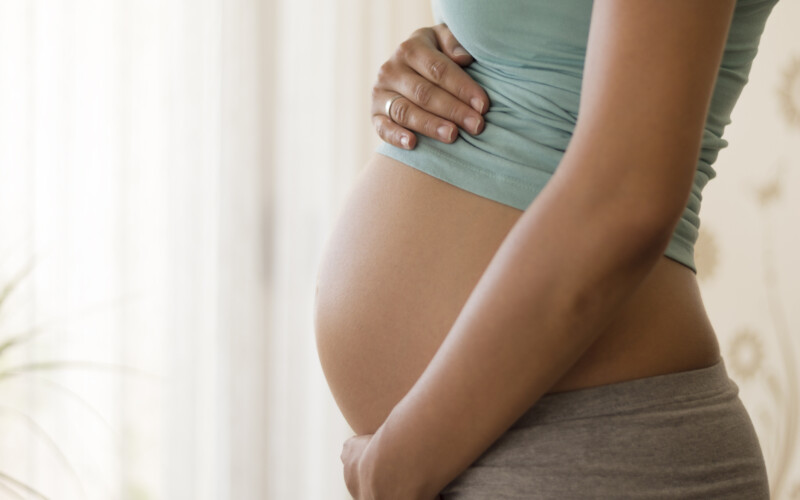"I had a very traumatic birth experience and my recovery was painful, long and complicated. A friend had strongly suggested that I get a mummy MOT done after hearing about my situation and I recall that my pre-birth course instructor had also strongly suggested this to all of us expectant mums, so I promptly got booked in with Julia at Bodyset.
9 weeks postpartum and after complications with my episiotomy, I was not able to sit or walk without a lot of pain and discomfort. I was suffering from quite a bit of emotional trauma from my terrible first few weeks after birth and current situation. Talking things through with Julia, having her do a thorough physical check of me and tell me that although it will take time and effort, I will recover, had such a profound impact on me. It gave me hope at a time when I felt I was losing hope and felt so terrible about my situation. Her empathy and the confidence she gave me that things would be ok, and she would help - almost brought me to tears through sheer relief!
Julia was always contactable if I was having any physical problems during treatment, which I really really appreciated. Anyway, fast forward to 10 months of targeted support and physio and I am almost fully recovered. I honestly cannot thank Julia Bodyset enough and I'm recommending her to anyone I know that has a baby!"
